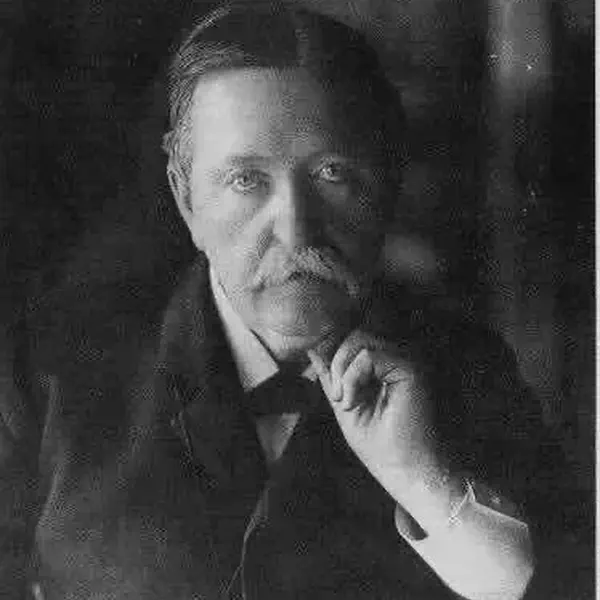
John Russell Young, Journalist in American Civil War, From Co. Tyrone, Born
November 20, 1840
John Russell Young (November 20, 1840 – January 17, 1899) was an American journalist, author, diplomat, and the seventh Librarian of the United States Congress from 1897 to 1899. He was invited by Ulysses S. Grant to accompany him on a world tour for purposes of recording the two-year journey, which he published in a two-volume work.
Early Life
John Russell Young was born in County Tyrone, Ireland, but his family emigrated to the United States when he was a child. He grew up in Philadelphia.
Journalism Career
He entered the newspaper business as a proofreader at age 15. Young started his career as a journalist and became well-known for his reporting. He worked for newspapers such as the New York Tribune and the Cincinnati Commercial.
As a reporter for the Philadelphia Press, he distinguished himself with his coverage of the First Battle of Bull Run. By 1862 he was managing editor of the Press and another newspaper.
Civil War Correspondent
During the American Civil War, Young served as a correspondent for the New York Tribune. He covered events and battles, providing firsthand accounts of the war.
Diplomatic Service
After the Civil War, Young entered diplomatic service. He served as the U.S. Minister to Guatemala and later as the U.S. Minister to Honduras.
Librarian of Congress
In 1897, President William McKinley appointed John Russell Young as the Librarian of Congress. He held this position until his death in 1899.
Literary Work
Young was also an author and wrote several books, including travel narratives and historical works. One of his notable books is “Around the World with General Grant,” chronicling Ulysses S. Grant’s world tour after his presidency.
Death
John Russell Young passed away on January 17, 1899, while still serving as the Librarian of Congress. He is buried in Rock Creek Cemetery in Washington, D.C.
John Russell Young’s career spanned journalism, diplomacy, and literature, and he made significant contributions in each of these fields during the late 19th century.